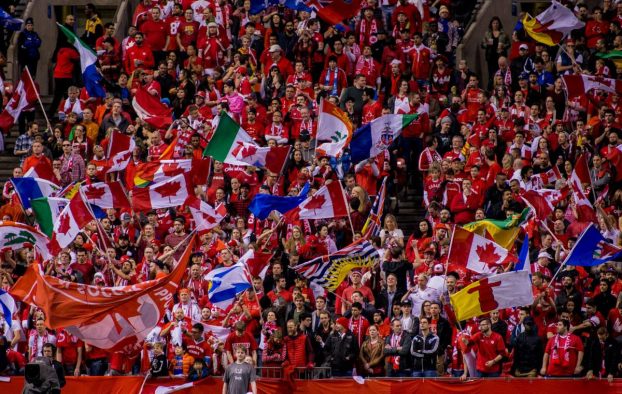
An increase in marketing spend helped Unilever to a sales boost in the first half of 2025 as the multinational reported 3.4% underlying growth through the second quarter on Thursday.
Strong performance by the ice-cream and personal-care segments drove underlying profit to €5.8 billion ($6.6 billion USD) even as total revenue fell 3.2% to €30.1 billion ($34.4 billion USD).
Brand and marketing investment increased to 15.5% of total revenue or roughly €4.6 billion ($5.2 billion USD).
“We are building a marketing and sales machine that drives desire at scale in our power brands and ensures execution excellence across all channels to deliver consistent volume growth and gross margin expansion,” Unilever CEO Fernando Fernández said in a statement.
The London-based company’s “power brands,” such as Dove, Knorr and Sunlight, contributed more than 75% of revenue, growing 3.8% in the first half.
Ice cream, personal care and beauty and well-being were the strongest performers with 5.9%, 4.8% and 3.7% growth respectively.
Unilever said its ice-cream business began operating on a standalone basis on July 1 and that its demerger into the Magnum Ice Cream Company is on track for completion in mid-November.
The company projects underlying sales growth for the full year to be in the 3% to 5% target range thanks laregely a boost from developing markets, notably in India, Indonesia and China.
Kraft Heinz sales decline 1.9% in second quarter
Food maker Kraft Heinz reported net sales of $6.3 billion USD for the second quarter on Wednesday, a decrease of 1.9% year over year.
The company, which is reportedly exploring a split just more than a decade after its merger, continued to experience declines in cold cuts, coffee, pre-packaged lunches, frozen snacks and powdered beverages as it sank to its sixth consecutive quarterly sales decline.
Kraft Heinz said an operating loss of $8 billion USD was partly offset by higher pricing and decreased selling, general and administrative expenses, primarily due to lower advertising, and the favourable effects of foreign currency.
The fiscal outlook for 2025 was revised down 1.5% to an expected 3.5% drop year-over-year.
In the report, Kraft Heinz said its is continuing to evaluate “potential strategic transactions” first announced in May and while conducting a rigorous review of options to unlock long-term shareholder value.























